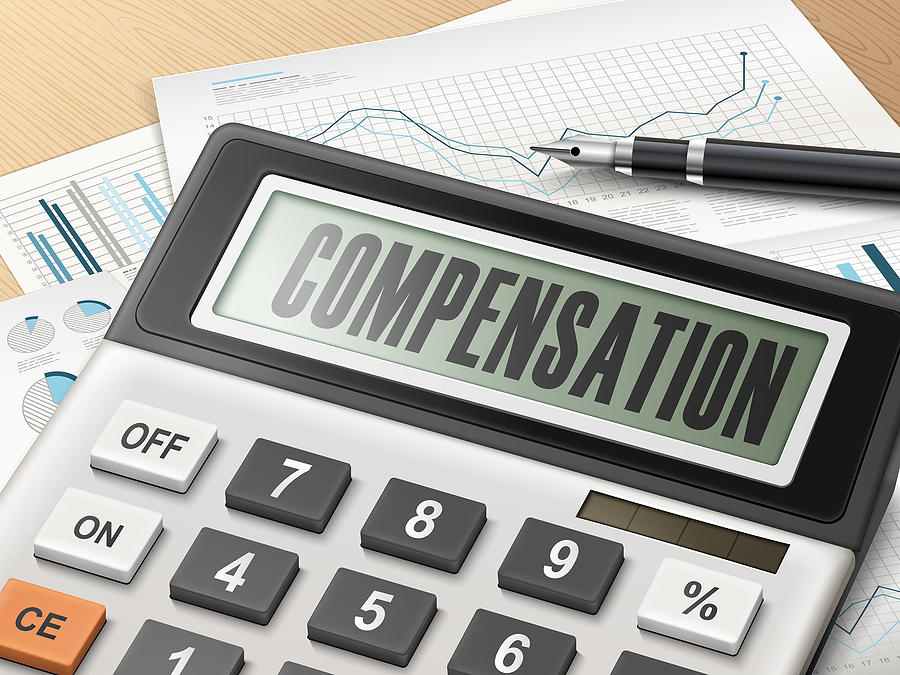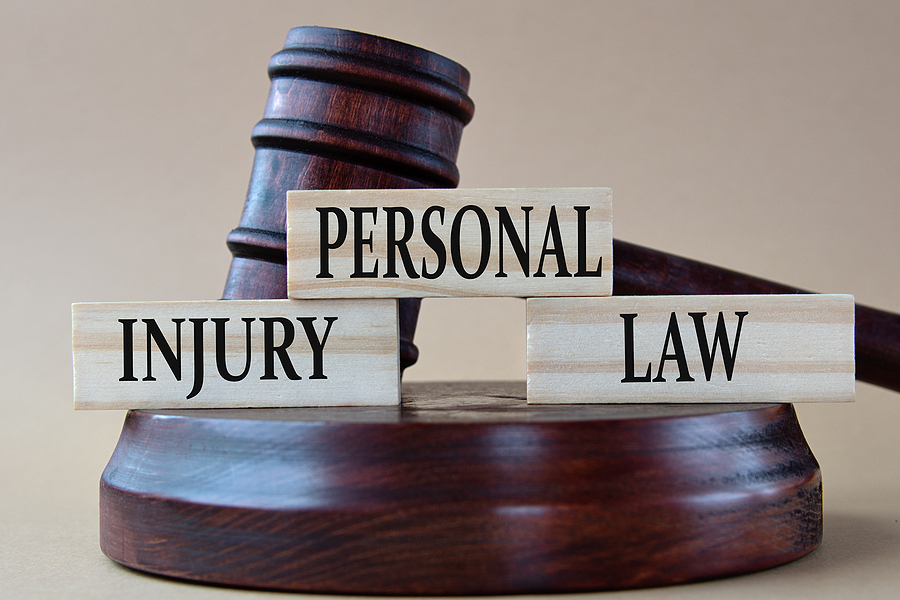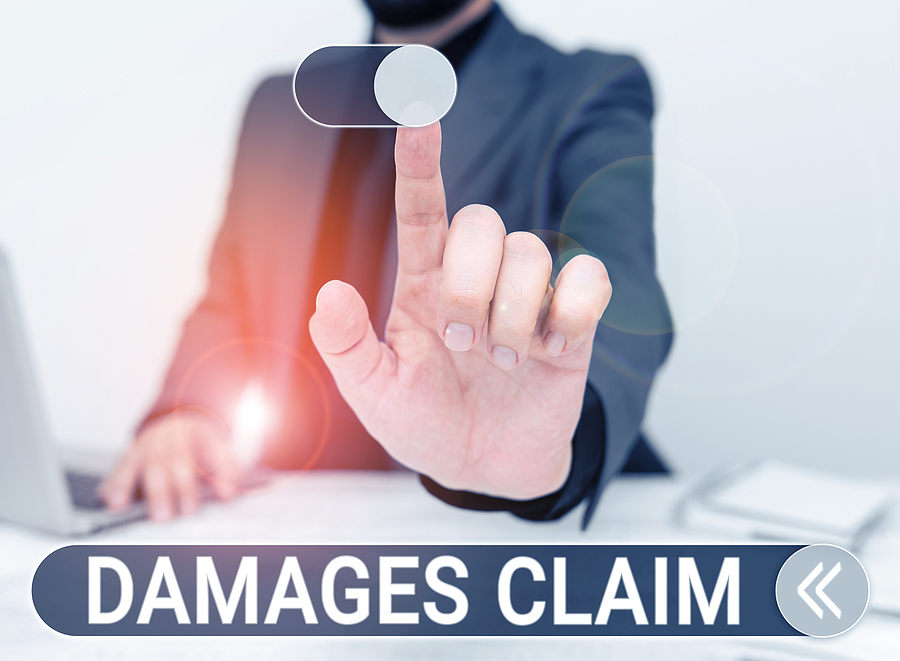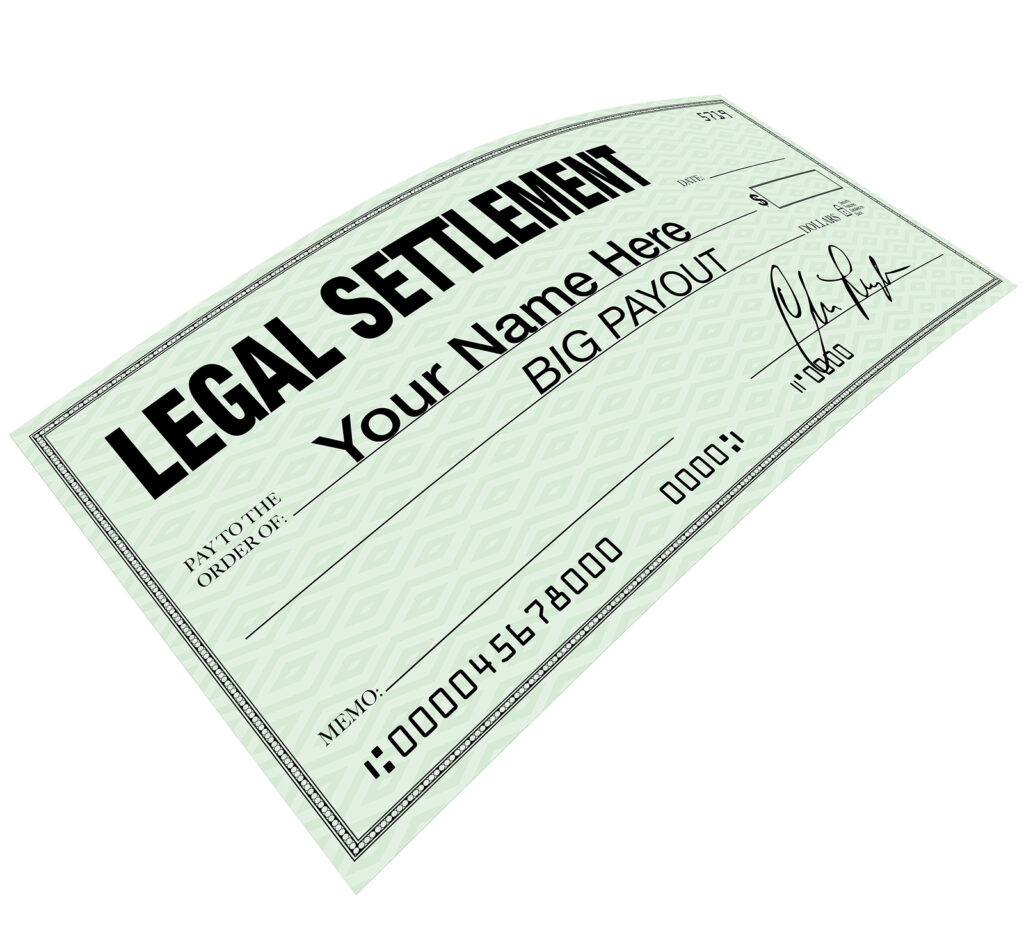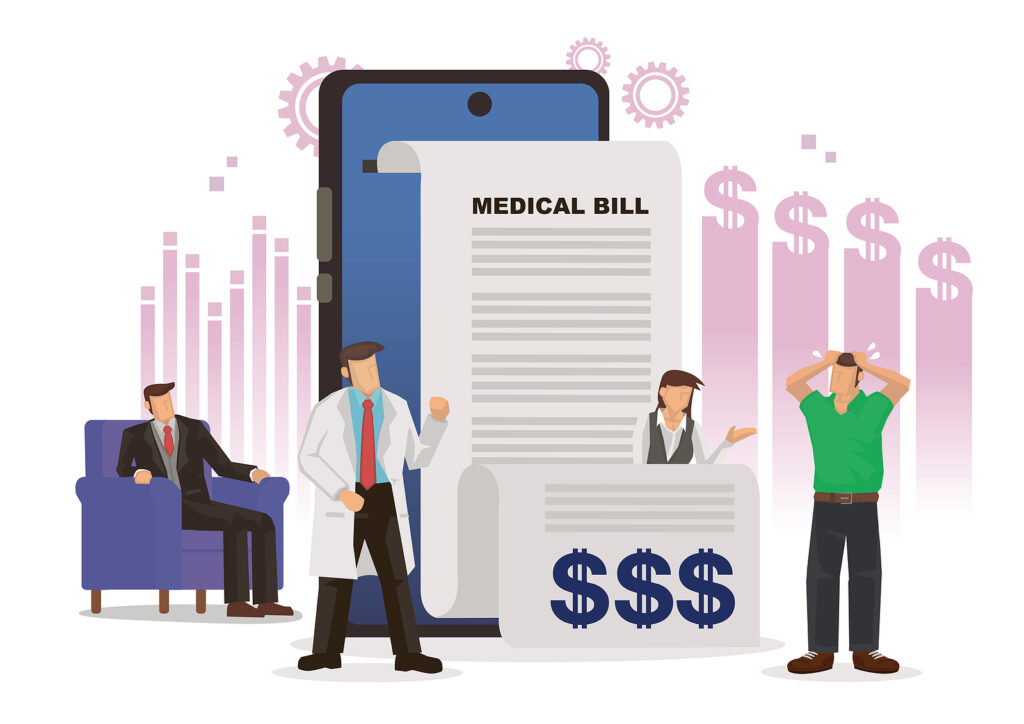Navigating the complex web of personal injury law can be an intricate and emotional undertaking. For residents of Indiana who find themselves in the unfortunate position of being injured due to another person or entity’s negligence, understanding the nuances that affect their personal injury settlement value is paramount.
The road to financial justice is paved with various factors that converge to determine what compensation you may be entitled to. This blog post will serve as a guide to help you understand the key elements that contribute to your Indiana personal injury settlement value. Let’s get started!

The True Value of Your Personal Injury Claim
Securing a fair personal injury settlement is an intricate equation. While some aspects are straightforward, others dwell in the subjective realm, often leading to questions about the ‘true’ value of a claim. In Indiana, certain fixed elements, such as medical bills and lost wages, are objective and quantifiable. However, the state’s legal framework introduces other variables, including the concept of comparative fault and the statute of limitations. It is the interplay of these factors that ultimately crafts the final settlement or verdict number.
Types of Personal Injury Damages That Impact Settlement Values
Medical Expenses
The most visible pillar of a personal injury settlement is the reimbursement for medical treatment. Indiana law tries to ensure that injured parties are fully compensated for all reasonable and necessary medical costs related to the accident. This includes emergency services, surgeries, rehabilitation, and ongoing therapies. The measurable nature of these expenses makes them one of the cornerstones in determining settlement values.
Lost Earnings
If your injury has resulted in missed work, diminished capacity to earn, or an inability to perform your job, Indiana law allows for compensation on these grounds. Lost wages are more than just the income missed during recovery; they also factor in future losses related to the injury. Financial stability is a crucial component of personal well-being, and lost earnings are a clear depiction of the impact of the injury on a person’s life.
Permanent Disabilities
In cases where an injury leads to a permanent disability, the settlement value must reflect the life-altering repercussions. The loss of future earning capacity, reduction in quality of life, and necessary changes to daily living represent costs that extend far beyond a one-time ordeal. Indiana law is structured in an attempt to provide full and fair compensation for these profound, irreversible changes in a victim’s life.
Pain and Suffering
Quantifying the psychological and emotional injury, often described as pain and suffering, is one of the more abstract components of a personal injury settlement but it is a vital element of damages under the law. The State of Indiana recognizes that an accident victim’s suffering is not solely physical and includes provisions for emotional distress, post-traumatic stress, and loss of enjoyment of life. Although challenging to articulate in monetary terms, this category forms an integral and maybe the most important part of the final valuation.
Indiana Tort Law in the Balance
The state’s legal statutes cast a shadow that defines the potential scope of a personal injury settlement. Understanding these laws is essential to comprehend the leeway and limits that judges, juries and insurance companies have in assessing a claim’s worth.
Comparative Fault Rule
Indiana abides by the modified comparative fault rule. This stipulates that an injured person can collect damages from any other at-fault party [and thus their insurance carrier], except when they are found to be 51% or more responsible for the accident. The percentage of blame attributed can significantly impact the settlement amount. It’s not uncommon for insurers to argue for a shared fault scenario to reduce their payouts, making it crucial for claimants to defend their rights with evidence and expertise.
Statute of Limitations
Indiana’s statute of limitations for most personal injury claims is two years from the date of the injury. Failure to file a claim within this window can result in the forfeiture of your right to seek compensation. Time is of the essence in bringing a claim, and procrastination can be a costly mistake. The legal deadline sharpens the urgency to act fast and accurately in pursuit of a settlement. Some claims in Indiana cannot be pursued unless a tort claims notice is provided within 6 months so hiring an attorney promptly is essential.
Maximizing Your Claim Value
Armed with the knowledge of the factors at play and the legal framework, personal injury victims can take practical steps to fortify their position and potentially enhance their settlement value.
- Documentation is Vital: Comprehensive and timely documentation of the accident and its aftermath is crucial. Gathering police reports, medical records, photographs, videos and witness statements is vital for your claim.
- Immediate Medical Attention: Seeking medical treatment immediately after an accident not only safeguards your health but also creates a medical record and documentation of your injuries. A prompt assessment by a healthcare professional contributes to the veracity of your claim.
- The Silence of Social Media: Insurance companies often scour social media for any sign of weakness or vulnerability in a claim. Refraining from posting about your accident or injuries, or life in general, prevents potential arguments against your claim.
- Legal Counsel: Immediately consulting with a seasoned personal injury attorney is perhaps the most important step in the claim process. An experienced lawyer comprehends the legal nuances, navigates the claim complexities, and advocates for your best interests.
- Insurance Companies: It is important to speak with your own legal counsel before talking with a defendant’s insurance carrier. The insurance company’s job is to make money. It is a multi-million-dollar business. They are not in existence to help you or to be fair. Hire an attorney before you speak with them.
FINAL THOUGHTS
For Indiana’s personal injury victims, the determination of your settlement value is an intricate combination between the objective and the subjective. It is rooted in the tangible trail of expenses and loss yet extends to the intangibles of personal pain and suffering. The state’s legal backdrop paints a structured but dynamic canvas on which this value is plotted. Your active engagement in the claim process, bolstered by awareness and strategy, can lead to a more robust , full and fair final settlement.
If you or a loved one is an Indiana resident who has been injured here or in another state or are a resident of another state injured here in Indiana, do not leave your personal injury settlement value to chance. The law is complex, and insurers are formidable opponents. Seek out legal counsel that specializes in Indiana personal injury law. Your future deserves the best chance at justice and fair compensation.
Take the first step towards understanding and securing your settlement value, today. Contact the Law Office of Craven, Hoover, and Blazek P.C. at 317-881-2700 to schedule a free, one-on-one consultation with an experienced personal injury litigator in Indianapolis, Indiana. Call now before time runs out on your claim.
Related Posts:
A Guide to Personal Injury Settlement Values: What’s Your Claim Worth?
How Much Time Does It Take to Settle a Personal Injury Case?
How Much Compensation Will I Get in a Personal Injury Lawsuit?


